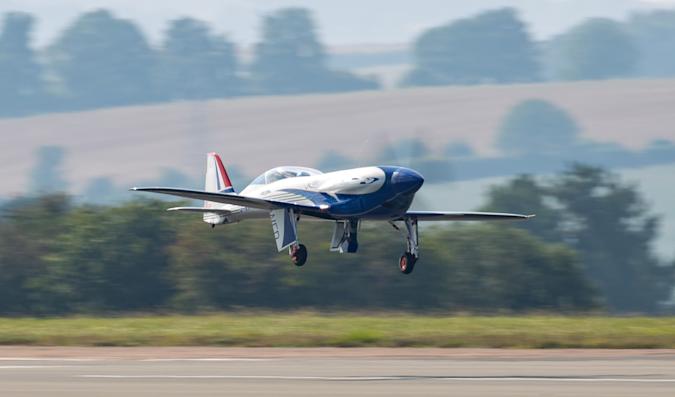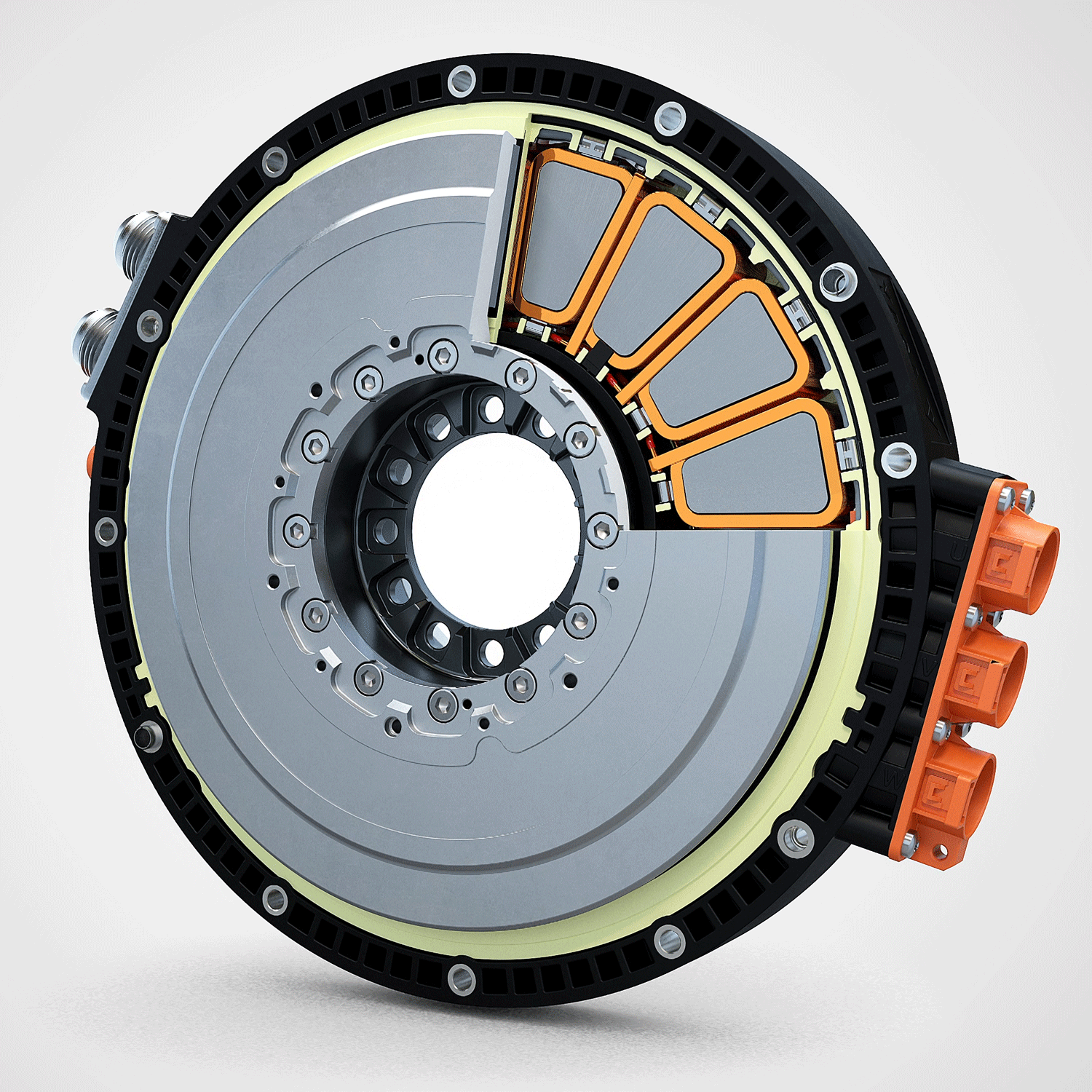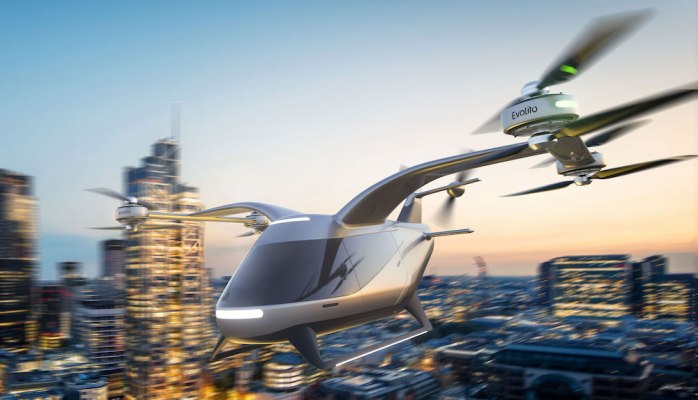Products You May Like
Back in July, British “axial-flux” electric motor startup YASA was acquired by Mercedes-Benz for an undisclosed amount. YASA’s electric motors generated considerable EV industry interest because of their efficiency, high power density, small size and low weight.
Indeed, Rolls-Royce, best known in aviation for its jet engines, employed YASA engines in its all-electric airplane “Spirit of Innovation” which recently completed a 15-minute test flight.

But it’s emerged today that there was, to put it mildly, more to the deal than met the eye.
It turns out that a new company, Evolito, was spun out of YASA before its acquisition by Mercedes Benz, taking with it an electric motor it describes as ultra-high performance, low-weight, and most suitable for the aerospace industry.
The prospect now is that Evolito will pick up in the aerospace world where YASA left off in the automotive world. Evolito’s investors lead are Waypoint Capital and Oxford Science Enterprises (OSE).
The implication is that because YASA’s technology has proven itself in high volume production in the automotive industry, Evolito could have particular advantages in aerospace.
Evolito claims its motors are “ultra high-performance, low-weight axial-flux motors” and its power electronics are “smaller, lighter and more robust than any other competing technology” with wide potential applications in Electric Vertical Take-off and Landing (eVTOL), Fixed Wing and distributed electric propulsion applications such as Urban Air Mobility (UAM).
Gareth Morris, Managing Director, Evolito said: “Electrification in aerospace is some ten years behind that of the automotive industry, but the market potential is huge. Electric Vertical Take-off and Landing, Electric Helicopter, Fixed-Wing, and Urban Air Mobility aircraft need high power density, low weight electric powertrains with inherently high safety factors – a combination of attributes that are unique to our axial-flux electric motor and power electronics. By leveraging YASA’s unique IP in the aerospace market, Evolito will fast-track the commercialization of electric flight and transform mobility as we know it.”

Evolito Motor
Many of these claims appear to ring true. After personally visiting the YASA factory and having the advantages of the “topology” of its engine explained in great detail, I would be extremely hard-pressed to argue against the claims made for it. It’s this technology that Evolito is now taking forward into the aerospace industry, and it looks like it will be a very bright future indeed.
Cyrus Jilla, Partner and Board Director, Waypoint Capital said: “At Waypoint, one of our thematic interests is in energy transition and sustainability, including electrification. We look to invest in businesses with unique disruptive technology led by outstanding teams. Evolito is a perfect fit for us and we look forward to backing the team as they develop their game-changing electrification solutions for the aerospace market, making emissions-free flight a reality.”
Alexis Zervoglos, Senior Partner, OSE added: “The electrification of flight is one of the most exciting market opportunities of our time. Realizing this potential will require innovative new technology and an ability to scale to meet the fast-emerging demand. OSE is delighted to be supporting Evolito on its mission to accelerate the adoption of electric flight.”
The market for electric drive solutions for urban applications is forecast to grow to $90 billion and 160,000 vehicles by 2050, according to some industry experts.
(Just no-one tell them about Aviato, ok?)
